Editor's note
|
|
A host of matches under the Africa Cup of Nations umbrella are under way. These include the qualifying matches for the 2021 competition. But millions of fans are unable to watch because of a TV blackout after the Confederation of African Football cancelled its media and marketing rights agreement with French company, Lagardère Sports and Entertainment. Chuka Onwumechili outlines the broadcast rights war, court cases and sour deals
behind the crisis.
Every needy person who is the primary caregiver for a child in South Africa is entitled to receive a child support grant. These go to more than 12 million children. Both men and women are eligible for the grant, but 98% of the recipients are women. This reflects widespread father absence and the fact that women continue to bear overwhelming responsibility for childcare. Another factor at play is that men are viewed as being more likely to misspend the money. Research by Zoheb Khan debunks this myth, showing that they also spend the money wisely.
|
Charl Blignaut
Arts, Culture and Society Editor
|

|
|
Top Stories
|
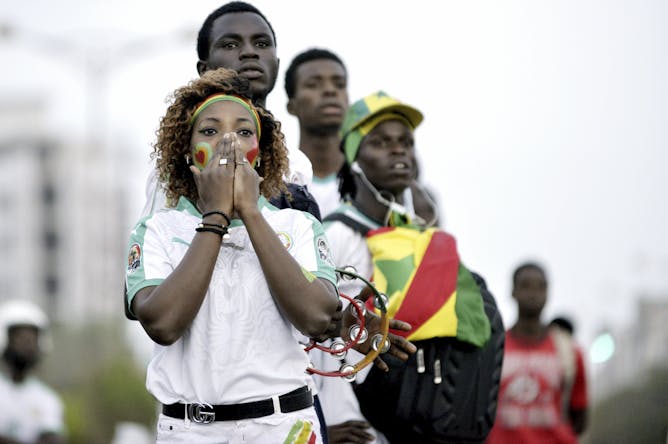
Aliou Mbaye/EPA
Chuka Onwumechili, Howard University
The African Cup of Nations is the continent's premier soccer tournament - but it's not being broadcast on TV as usual. Behind the blackout is a tale of court rulings and sour deals.
|
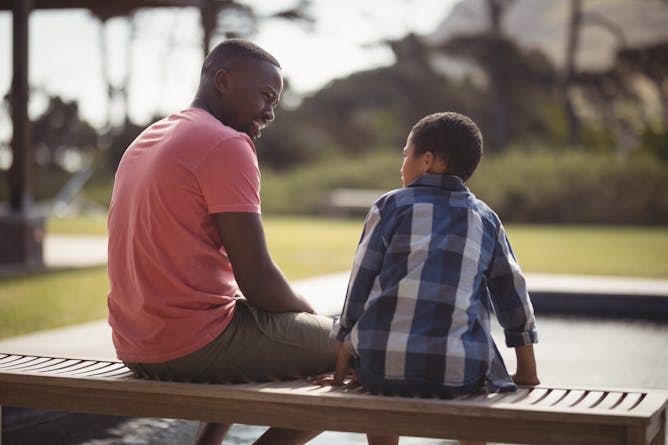
shutterstock.
Zoheb Khan, University of Johannesburg
The South African child support grant is progressive in its gender-neutrality, yet men make up only 2% of those who collect it.
|
Arts + Culture
|
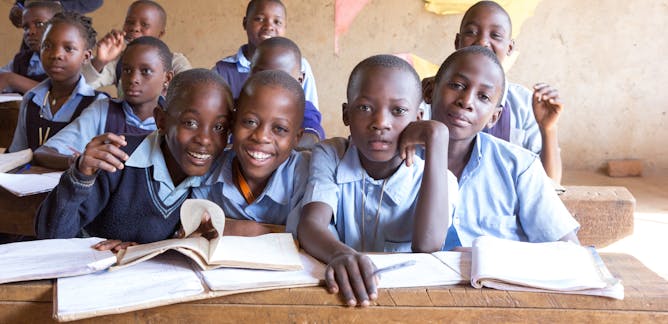
Maduabuchi Sennen Agbo, University of Benin
Schools are still not using Nigerian languages to teach students
| |
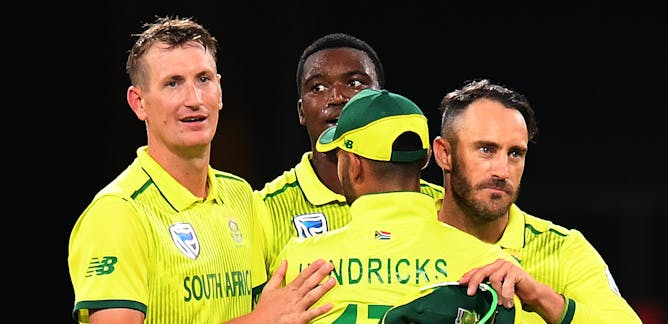
Mary Ann Dove, University of Cape Town
No-one ever asks the players how the quota system affects them. When one academic did, she found conflicting and complex responses about the impact of transformation in South African sport.
|
|
|
Politics + Society
|
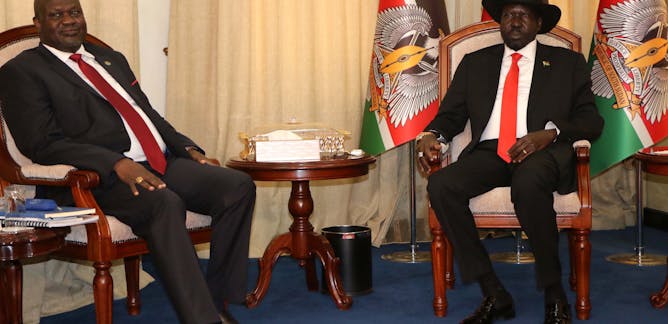
Andrew Edward Tchie, King's College London
South Sudan has had many opportunities to create a lasting peace but so far all efforts have been unsuccessful.
| |
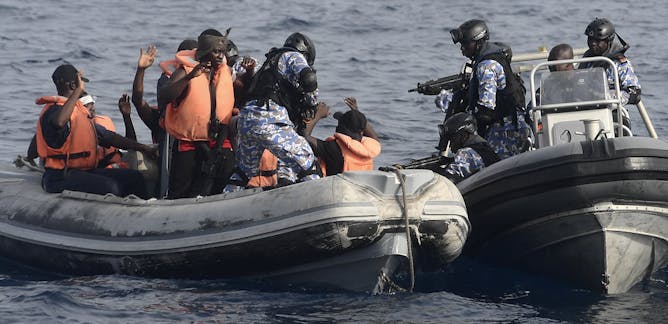
Dirk Siebels, University of Greenwich
Feeding a simple narrative of piracy without a broader look at other maritime security challenges hinders progress in dealing with it.
|
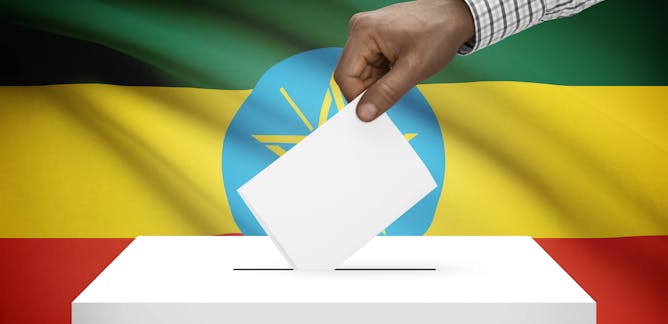
Yohannes Gedamu, Georgia Gwinnett College
In practical terms. Sidama's successful push has created more groups that aspire to homogenise the demography of their regions.
| |
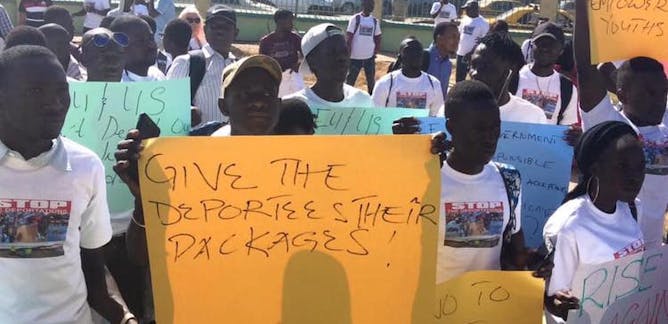
Judith Altrogge, University of Basel; Franzisca Zanker, Arnold Bergstraesser Institute
The Gambia's agreement with the European Union to return immigrants to the country is causing the government problems at home.
|
|
|
Health + Medicine
|
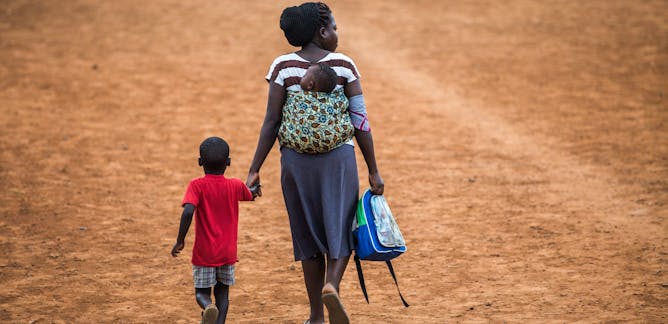
Alex Ezeh, Drexel University; Garumma Tolu Feyissa, Drexel University
High fertility is driven by a number of factors including desired family size, low levels of use of modern contraceptives, and high levels of adolescent childbearing.
| |

Kelly Chibale, University of Cape Town; Richard Gordon, South African Medical Research Council
The aim is to discover, develop and facilitate delivery of anti-malarial medicines to help tackle the burden of malaria in endemic countries and support malaria eradication.
|

Marc Mendelson, University of Cape Town
We are seeing the end of modern medicine slowly being played out due to antibiotic resistance. But we can act together to alter the situation.
| |
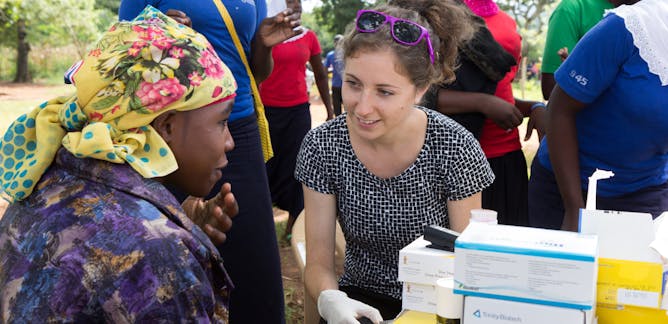
Madhukar Pai, McGill University
Global health researchers, funders and journals are not walking the talk on equity, diversity and inclusion.
|
|
|
Environment + Energy
|
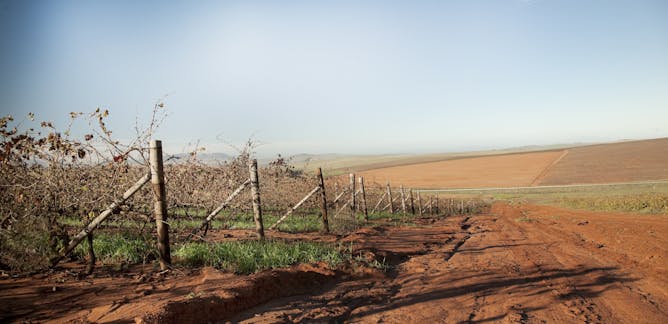
Mike Muller, University of the Witwatersrand
Not all droughts are the same and South Africa needs to have a targeted approach to each type.
| |
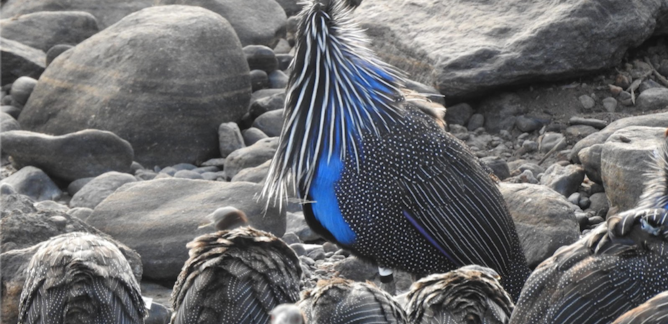
Danai Papageorgiou, Max Planck Institute; Damien Farine, Max Planck Institute
Vulturine guineafowl were found to live in large, sexually mixed groups. These seem to have social preferences for certain other groups.
|
|
|
Podcasts
|
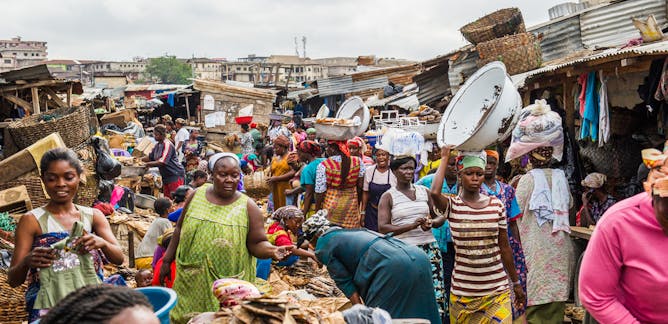
Ozayr Patel, The Conversation
Population growth rates pose a lingering challenge to development efforts on the continent.
| |

Ozayr Patel, The Conversation
Women have to push through barriers to access higher education.
|
|
|
Business + Economy
|

Danson Kimani, University of Essex; Geofry Areneke, Manchester Metropolitan University
Little research has been done on the impact of multinational companies that are born and bred on African soil.
| |

Andrew Schmulow, University of Wollongong
Attitudes to banks are changing. This requires them to be more customer centric, and to take their role in society more seriously.
|
|
|
Science + Technology
|
-
Ryan Hawthorne, University of Cape Town; Lukasz Grzybowski, University of Cape Town
Regulators should stimulate demand for broadband services through increased access to computers.
|
|
| |
| |
| |
| |
Would you like to republish any of these articles?
|
|
It’s free to republish, here are the guidelines.
Contact us on africa-republish@theconversation.com in case you need assistance.
|
| |
| |
| |
| |
|
|